WATERVILLE — More than 200 people addicted to opioids have walked into the Waterville Police Department over the last few years and been placed into treatment programs.
Police do not regard them as criminals — they treat them as people who are ill and need help.
Police Chief Joseph Massey, Deputy Police Chief Bill Bonney and Officer Rob Bouley on Wednesday sat down with Sara Gideon, speaker of the Maine House of Representatives, to explain how the program works.
“This is obviously an incredibly important issue affecting our state and everyone seeking office needs to be fully aware of what’s going on,” Bonney said outside the police department following the visit.
Gideon, a Democrat who is challenging U.S. Sen. Susan Collins for her senate seat, said she had learned a lot Wednesday about Operation HOPE, the police department’s program, which stands for Heroin Opiate Prevention Effort. She said police are doing “incredible work.”
The key, Gideon said, is being able to respond to a cry for help when the addicted person asks for it, and the Waterville program has the resources ready when that occurs.
The program, modeled after one in Scarborough but tailored to meet local needs, was launched in 2017. Bonney said officials at the time said if they were able to help just one person, they will have succeeded, and now that number has surpassed 200.
The program is possible through donations and fundraising. Because of the COVID-19 pandemic, an annual benefit concert had to be canceled, but some sponsors came through and helped garner donations, according to Bonney, who oversees the program. He is exploring other ways to raise funds. The department, for instance, applied for an AmeriCorps Vista volunteer who is expected to start in October and will work to help expand the capacity of the program, according to Bonney.
“COVID has really negatively affected our ability to fund raise, so obviously, any help that people can give, we would greatly appreciate it,” he said.

House Speaker Sara Gideon answers questions from the media Wednesday at the Waterville Police Department. Gideon met with Deputy Police Chief Bill Bonney about Operation HOPE, the department’s program that helps people addicted to opioids receive treatment. Rich Abrahamson/Morning Sentinel Buy this Photo
Gideon said operating such programs locally is important to realizing results.
“One of the reasons I think this program is so successful is that it remains in local control,” she said.
Awareness, education and a focus on treatment is critical, according to Gideon.
“I think a federal investment in treatment, specifically, is very, very important and needed,” she said.
Bonney said people from all over the state have asked for help, and the program does not turn anyone away.
Volunteers help to keep the program going by doing work such as calling treatment centers around the country to find available beds.
“We do pretty well with volunteers,” Bonney said. “The community has been incredible supporters of this program.”
Gideon said finding available beds is challenging when people are ready to go into recovery. More programs like Waterville’s are needed and must be tailored to meet the needs of a community, she said, calling Operation HOPE “exceptional.”
Bonney said people may donate to the program by sending checks to Waterville Police Department, 10 Colby St., Waterville, ME 04901 and noting that it is for Operation HOPE. They also may donate through a link on Kennebec Valley Community Action Program’s website, kvcap.org.
Gideon’s office released a statement later Wednesday saying a report released last month shows that drug overdose deaths in Maine jumped 23% during the first three months of this year compared to the final quarter of 2019, due, in part, to the coronavirus pandemic. The spike in overdose deaths prompted the sounding of an alarm for more resources to fight the epidemic, it says.
“Too many Maine families have experienced terrible tragedy as a result of the opioid crisis,” Gideon said in the statement. “Programs like Operation HOPE in Waterville are helping Mainers get the treatment they need. Law enforcement and the recovery community deserve a senator who will partner with them on this critical work. In the Senate, I will fight for the resources we need here in Maine to expand treatment, prevention, and education programs so we can tackle the opioid epidemic head-on.”
In the State House, Gideon passed legislation to expand addiction treatment and prevention programs and give law enforcement the tools they need to fight the epidemic. She also helped pass “Good Samaritan” legislation designed to prevent prosecution of those who report drug-related emergencies and helped strengthen Maine’s prescription drug monitoring program to prevent opiate abuse.
Gideon also helped pass a law to curtail gifts, speaking fees, and food from pharmaceutical companies to doctors, especially those who prescribe opioids, to prevent conflicts of interest when prescribing medication to their patients. Her campaign says that after then-Gov. Paul LePage vetoed her bill to address the crisis, Gideon brought Democrats, Republicans and Independents together to override his veto to enact legislation to help save thousands of lives in Maine.
Gideon believes opioid addiction is a public health issue not a criminal justice issue, according to her campaign, and that big pharmaceutical companies must be held accountable for their role in this crisis. If elected, she says she would help to expand access to affordable addiction treatment, create bridge programs to ensure people have access to treatment at the moment they’re ready for it, fund education and prevention efforts, and work to hold big pharmaceutical companies accountable for their role in the opioid crisis.
Send questions/comments to the editors.


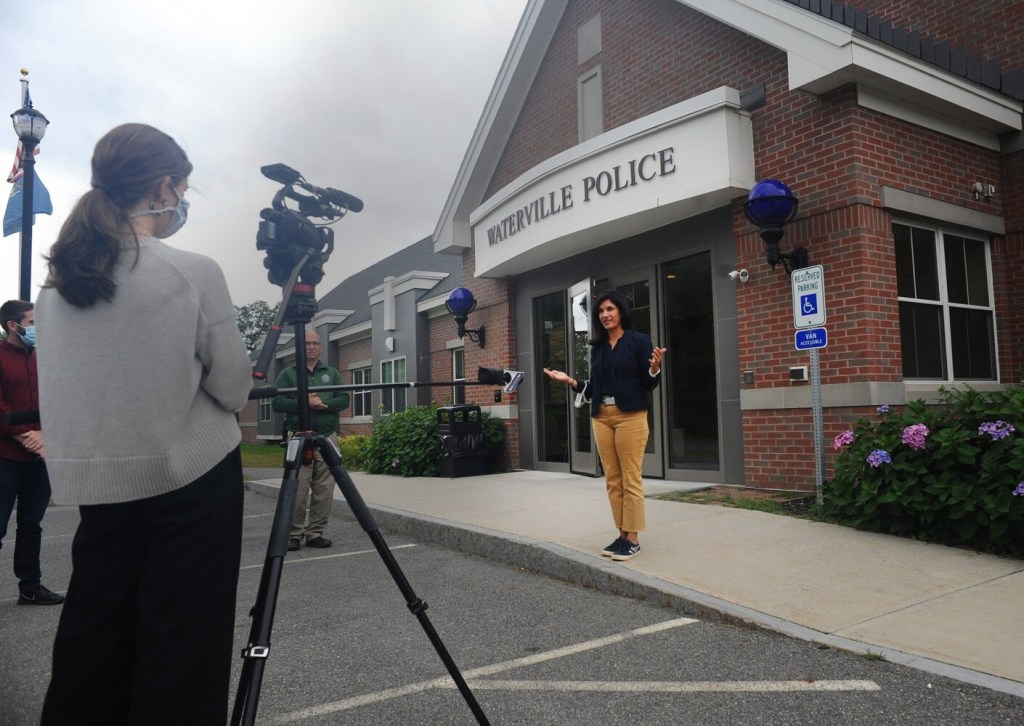
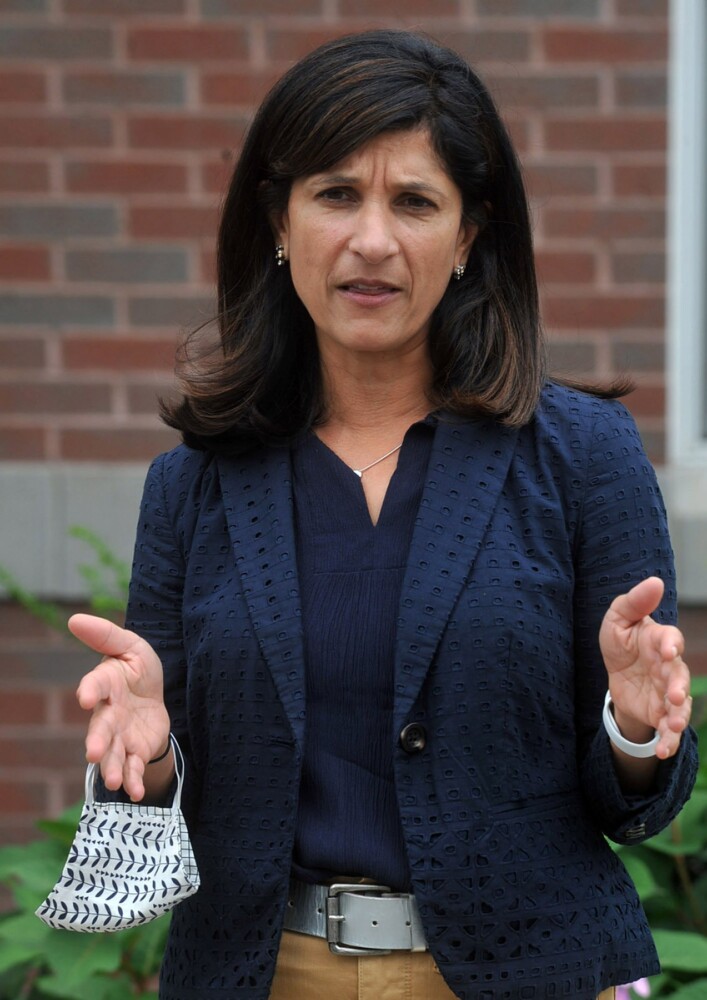
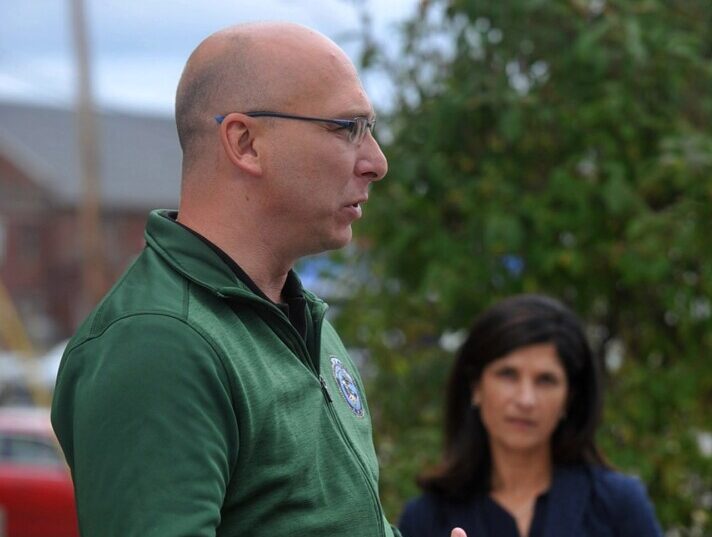
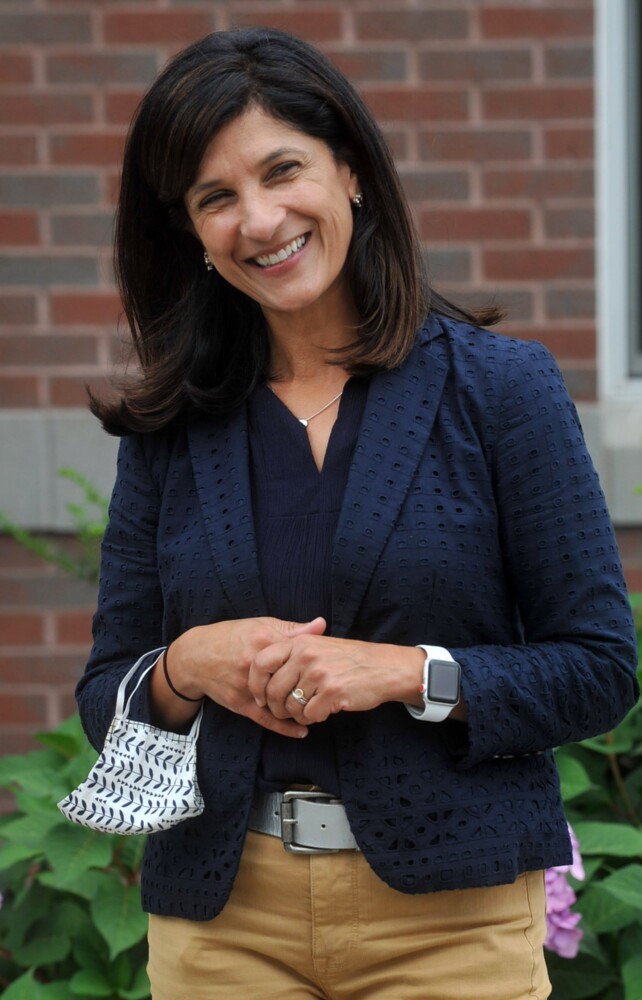
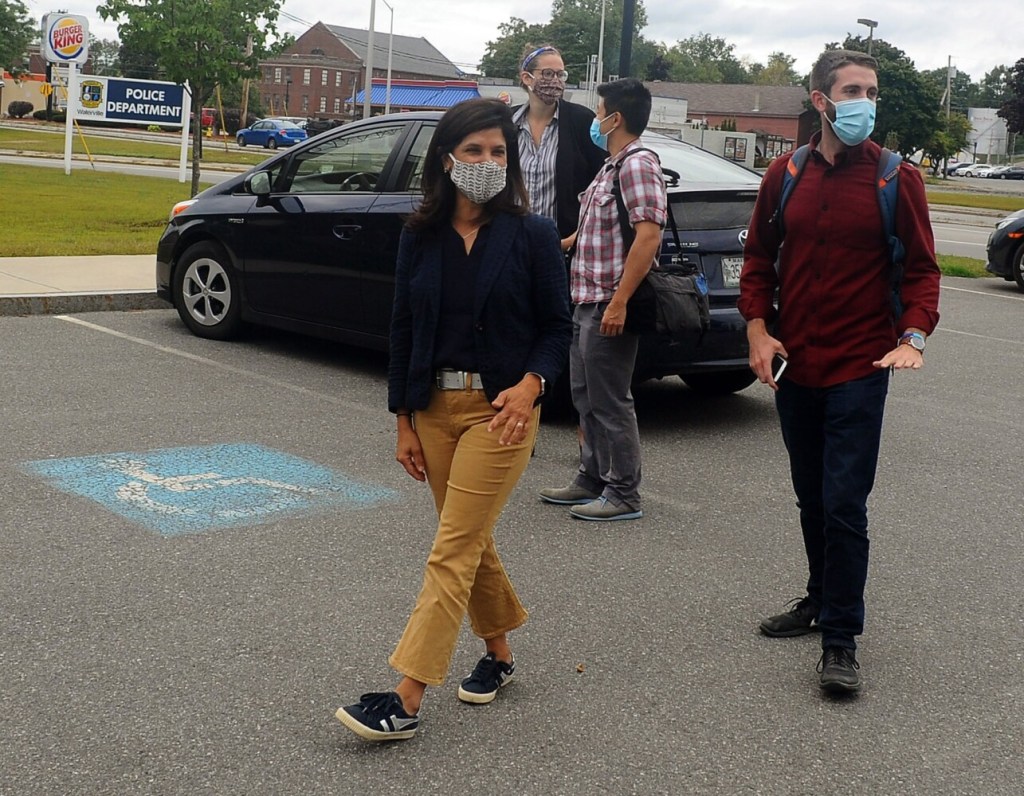

Comments are no longer available on this story